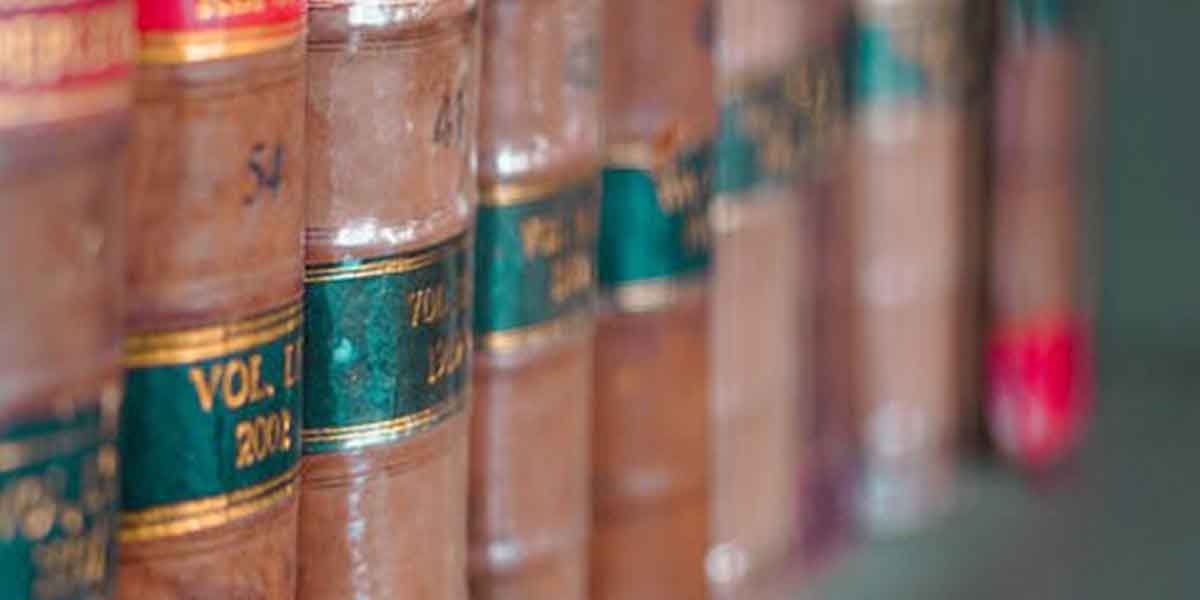Everybody has a typical thought process that the deceased’s assets get transferred to his/her heirs through the probate process. What if I say that this is not true, and there are some assets that don’t go through the probate process. Usually, the assets that are only titled to the deceased comes under the probate process. These assets get distributed among the heirs according to the instructions in the deceased’s will. Without a will, the court distributes the assets by appointing a personal representative.
Non-probate assets are the assets that don’t come under the probate process. This type of asset directly gets transferred to the heir or beneficiary after the owner’s death. If you own non-probate assets, then your loved ones will not need to go through probation. The probation process is generally time-consuming and costly. Your family may go through a lot of stress if the assets get transferred through probation.
Transferring of non-probate assets doesn’t even invite any taxes or fees. This will prevent the reduction of the actual asset value. Your family can get the exact amount you have left for them after your death.
The assets that don’t come under probation are:
1. Jointly Owned Assets are Out of Probate
Jointly owned assets don’t come under the probate process. Two persons together own this type of asset. Most of the time, these two persons are husband and wife. If one of the owners dies, then the assets get transferred to the surviving owner. This type of transfer is direct and does not need any probation process.
Even if the deceased has mentioned in his/her will that these assets will go to his/her heirs, it won’t work. The assets will come under the ownership of the surviving partner without any doubt.
Let’s say if both the owners of the asset die simultaneously, then what happens. In these cases, the assets come under the probate process. This also happens in another case where the surviving owner dies before adding any owner to the assets.
There is an exception in joint ownership, i.e., tenants-in-common. In this case, the share of the joint owner who dies can get distributed according to his/her will. Here, the surviving owner receives the share of the deceased only if mentioned in the will.
2. Beneficiary Designations Don’t Come Under Probate
There are some assets that let you name a beneficiary for that account. These assets are some bank accounts, IRAs, and insurance policies. Assets with a beneficiary do not come under probation.
These assets get transferred to the beneficiary as soon as the owner dies. This transfer is direct and fast. The beneficiary, in this case, can get the deceased assets in no time.
There are some cases where the assets with a beneficiary will have to go through probation. Some of these cases are:
- If the beneficiary dies before the owner of the asset, then the assets get transferred through probation. To avoid the assets coming in the legal ambit the owner should rename the beneficiary of the particular asset before he/she dies.
- An incapacitated beneficiary can also not own the assets of the deceased. Here, the court will appoint a guardian for the beneficiary and transfer the assets to him/her. This also happens in the case of minors.
- If the owner has written ‘my estate’ in the beneficiary form, then the assets will come under probation.
You have to keep in mind all these above situations to ensure that all this doesn’t hamper your intentions of keeping the assets out of probate after you are dead.
3. Trust Assets
Assets that are in the trust don’t go under the probate process. This is one of the best ways to protect your asset from probation. Attornies also suggest the clients keep their assets in the trust.
If the deceased has trust in the will ( called a testamentary trust), then this type of trust comes under the probation process.
The family members’ burden gets eased out with trust. They become from the fear of reduction of value of the assets due to payments of taxes and fees. According to the state laws, no tax gets charged on trust.
Conclusion
If you want to save your family from all the probate stress after you are dead, then try to own non-probate assets. There are many ways to avoid probate; you just need to know them. Non- probate assets ease the burden of your family and prevent them from reduction of assets value.




